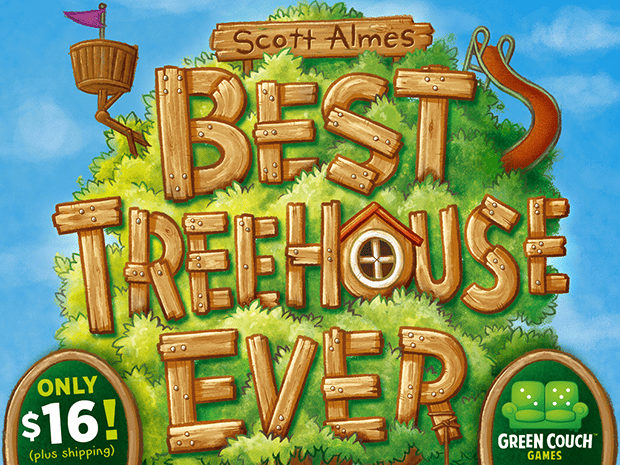
From Peter: A Kickstarter stopped me right in my tracks, but not just because of the gorgeous art, the great price, or the well known designer. What stood out to me was the large number of quality reviews, well presented on the page! It told me immediately this was a serious campaign with a solid foundation.
I reached out to Jason Kotarski of Green Couch Games and he graciously agreed to give us some insights – and during the Kickstarter no less!

GREAT LITTLE GAMES THAT MAKE GREAT BIG CONNECTIONS
Green Couch Games launched in 2014 as a company that focuses on my “great little games that make great big connections”. It is these connections that drive me both as a creator and as a person in business. People are important to me and over the years, I’ve built some great relationships with people that started around the game table. Games are great, but to me, the games themselves are almost secondary to what they can do to bring people together in real life, face-to-face situations. I’ve even found that these connections that I’ve built have been a key to the success of my little start-up.
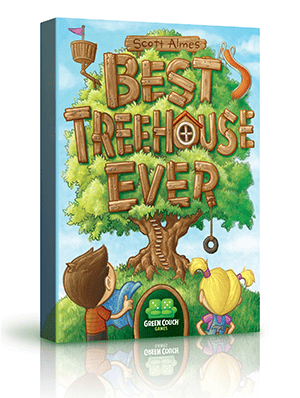
Following the lead of my first experiment in publishing, a game by myself and Philip duBarry called Fidelitas, I recently launched my second game on Kickstarter called Best Treehouse Ever, designed by Scott Almes. In both of these campaigns, I’ve taken time to connect with quite a few quality reviewers that have helped me get the word out about my projects by sharing their thoughts, and at times, even offered ideas that have made my games better! I believe that building and maintaining relationships with quality game reviewers has been a key to my success. I wanted to share three small tips for connecting with quality game reviewers in hopes that it can help other budding entrepreneurs in the gaming space.
—
HOMEWORK
Gathering a list potential of reviewers for your project is a great place to start. But it is important to note that just because someone reviews games it doesn’t mean that they should review your game. Find blogs, podcasters, BoardGameGeek.com members, and even Twitter users who play and talk about the types of games that you are planning to bring to the market.
Green Couch Games focuses on filler games so sending a request for a review to someone whose primary passion is heavy, fantasy-themed war games is just wasting our money and everyone’s time. Hopefully a loving friend has told you that not everyone is going to like your game. If not, I’ll be the one to break it to you:
“HEY, NOT EVERYONE IS GOING TO LIKE YOUR GAME.”
But that’s okay! You don’t need everyone to like it, you just need to find your audience. If you aren’t sure where to start, look at other similar game projects on Kickstarter and see what reviewers looked at those games. Or use BGG to look up games that you think your game compliments well and see who wrote positive reviews of those games. Make a list and narrow it down to the number of preview copies you can afford to produce. Then, start sending some e-mail queries with a great press release to see if the people on your list have the time and the interest to preview your game. (W. Eric Martin of BGG News has a great post on how to write a great press release.)
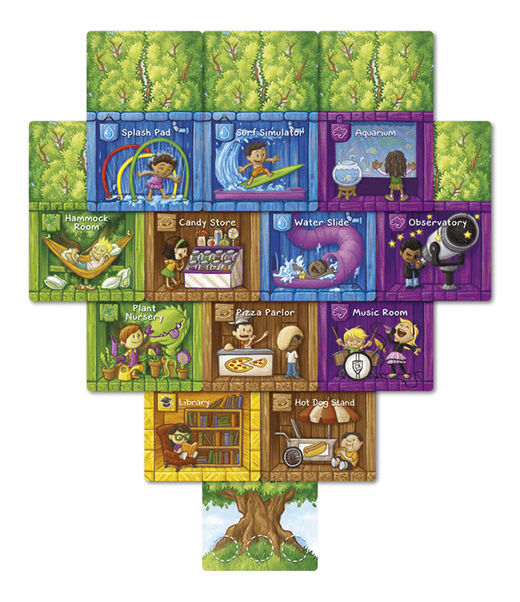
TIMING
Timing is a hugely important aspect for getting the word out about your project. Ideally, I like some of the reviews to start popping up on BGG and social media about a week before the project launches on Kickstarter to help get a little buzz going. It’s also a good idea to have some reviews scheduled to go up on launch day. This way, people haven’t already heard all there is to say about the game before it goes live.
In order to make these ideals a reality, you’ll need to make sure you have enough time between your initial query and the launch to give reviewers time to actually play the game. You also don’t want to rub reviewers the wrong way and make a bad first impression by asking them to do a last minute review. I’ve learned that about a 3 month lead time should give folks enough notice to help them decide if they can commit to doing a review. Then, I try to get the preview copies sent out about a month or two in advance of the launch as well. Along with the game and the rules, I send a note with 3 key pieces of information:
- The components are not yet final. It’s always nice to give a friendly reminder if your game is still in progress. Most reviewers are used to this by now, but if it’s not done make sure to give them a head’s up so they know to represent the game as “in progress”.
- Please do not release close-up photos of the game, or the review until a specific date (usually about 1 week before the campaign). This gives you as the project creator a little bit of control over when information gets released. I like to build a BGG page and post a few pictures about a month in advance and then steadily continue to release more information over time. Then, when the reviews start getting released it’s like a burst of energy coming from different directions. And good energy from a variety of sources can bring a lot of attention to your game and if you are lucky get a little buzz going.
- In addition to their own site, I ask them to post a copy of the review (with a link to their site) on BGG. This is hugely important as you’ll want to drive as much traffic as possible to your game on BGG. More activity over there means you have a better chance of getting a coveted spot on the “Hotness”, a front page list of games that BGG users are currently paying attention to. Getting your game listed on the “Hotness” or getting a picture (the more “thumbs” the better) on the “Hot Images” will drive people to your game’s BGG page should have a link to your Kickstarter page which lots of people will click to check out your project. Please keep in mind this should be presented as a suggestions, reviewers all have their own way of doing things but it certainly doesn’t hurt to make the request.
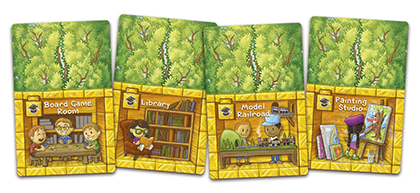
RELATIONSHIPS
This should be obvious, but reviewers are people, too. They have busy lives filled with their own stuff. Most reviewers do this as a hobby because they love games and want to contribute something to the gaming space. So even though you might be running a business you don’t need to treat all of your interactions like a business transaction. Sure, you should be professional but think of your connection as a friendship.
Good friendships should not be manipulative or involve unreasonable expectations. In a friendship, it’s a good idea to listen to what the other party has to say. These people who review our games love games and have played lots of them! Maybe they see something you missed and want to make sure that you don’t overlook it. Try to really listen and not be defensive. Say thank you and take suggestions seriously. This doesn’t mean you have to change your game if someone else doesn’t connect with your idea. But know that if one person can find an issue, someone else is bound to find it, too.
People like to help. If you are lucky, maybe you’ll get to launch another project at some point in the future. It will be good to have already built relationships to make this process a little bit easier the next time around. So being nice, open, and genuine can go a long way towards building a foundations for an ongoing relationship.
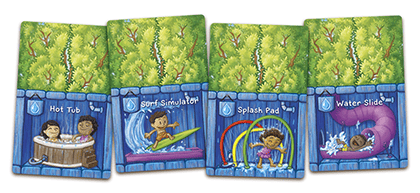
I am certainly new in the game of publishing, but I can see that I have learned a lot in my experience with my campaigns for Fidelitas and Best Treehouse Ever. I can also see that I still have a lot to learn. By no means are the tips mentioned above exhaustive. So I offer a little bit of what I’ve downloaded throughout my process in hopes that you’ll share your knowledge, too. May our collective experience help make us all better at what we do!








